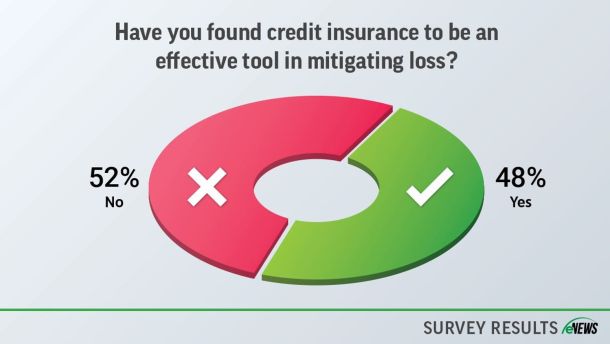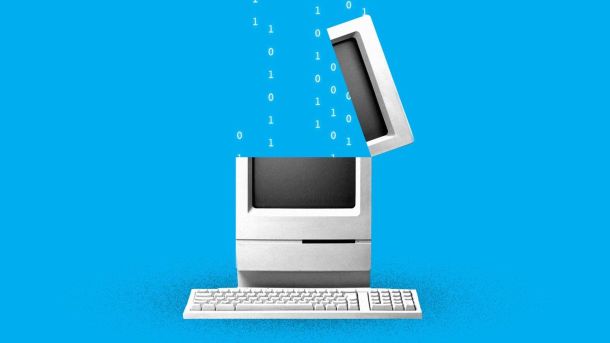Apr 24, 2025
eNews
Behind the hire: Qualities that exceed a formal education
Credit management is a complex, multi-faceted career that relies on a host of cross-functional skills. Each day, credit professionals carefully assess unique problems to create solutions that protect their companies from risk without hindering growth. There is no specific path for a budding credit manager, and they can come from a host of different professional backgrounds.







